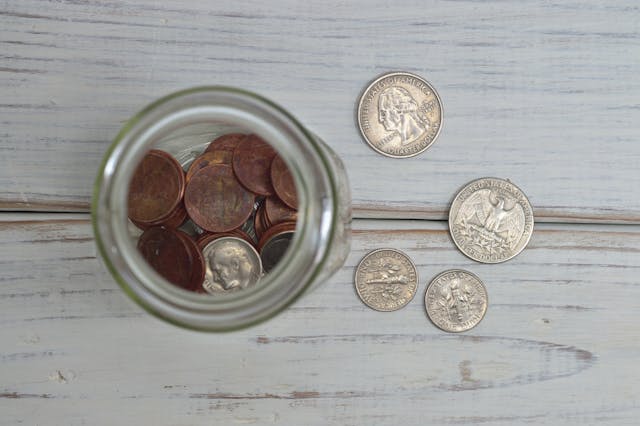Beginner’s Guide to Investing: Cash Health Check
So you have a little extra cash and want to start investing that money. Let’s put some brakes on that thought and do a little cash health check. Do you:
- have 3-6 month cash reserves on hand? This is your emergency fund, in case you get sick, lose your job, get into an accident, etc. For whatever reason, in case you won’t have income for awhile, you NEED this money to help you get through the next couple of months. So spend some time figuring out how much money you spend each month on the necessary basics: rent/mortgage, utilities, food, etc. Multiply that by however many months you feel comfortable and that’s how much you should have in emergency funds.
- credit card debt? PAY THIS OFF! The average credit card interest rate is about 24%. You will absolutely get clobbered if you have credit card debt. For example, if you owe $1000 on your card, and don’t pay it off, after a year (thanks to the power of compounding interest) you will owe an extra $268.24 on top of that! Given that the average American carries about $7000 in credit card debt, that’s an extra $1,877.69 they owe each year! Just for carrying a balance! What’s the point of investing anything when you are literally throwing away an extra $2k due to credit card debt?
- have any immediate necessary purchases? Car needs fixing? Do that first. You won’t be able to make any money if you can’t afford to travel to work. Faucet dripping? Money is literally going down the drain. Take care of the things around you that you need to function on a daily basis, including yourself. Join a gym, pick up a hobby, see a therapist. Invest in yourself first. Being broke is better than being broken. Having a physically and mentally fit body and mind is the best investment and should always be prioritized.
Investing is about making sound money-making decisions, which include all the steps that precede actually investing your money. If you think all the above steps are unnecessary, or that you can skip some, then you are already NOT making good financial decisions. If you think investing is quick and easy, then what you’re actually thinking of is gambling, and no number of “guides” is going to help you. Financial independence is slow, steady, and takes discipline.





